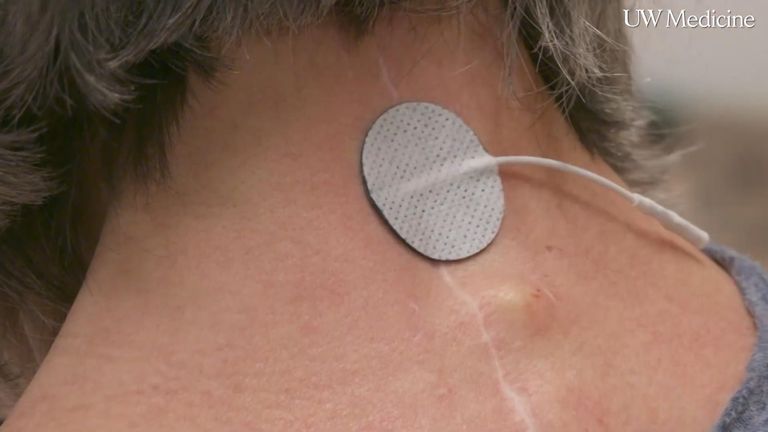Scientists have urged expectant mothers to avoid drinking unfiltered tap water after finding a link between fluoride exposure and disruptions to fetal brain development.
Since 1962, the United States Public Health Service (USPHS) has recommended that public water supplies contain fluoride to help prevent tooth decay. Today, roughly 3 in 4 Americans receive fluoride-fortified water, which the U.S. Centers for Disease Control and Prevention (CDC) says have reduced dental carries in children and adults by roughly 25 percent.
Read more: Compare Top Health Savings Accounts
Both the CDC and USPHS say that fluoride consumption at the levels set by the U.S. government—2.0 mg per liter of water—is safe. However, others have raised concerns about the potential health impacts of this fluoride exposure, even at low levels, especially for a developing fetus.
In a new study, published in the journal JAMA Network Open, researchers from the University of Southern California's Keck School of Medicine analyzed 229 mother-child pairs to explore whether maternal fluoride exposure during pregnancy has any implications on their children's social and emotional functioning.
"Our results showed that higher fluoride levels in mother's urine were associated with significantly increased neurodevelopmental problems in their three-year-old children, especially for internalizing problems like depression and anxiety," Tracy Bastain, an associate professor of clinical population and public health science and senior author of the study, told Newsweek. "These results are very concerning from a public health perspective, given that the majority of U.S. communities have fluoridated water."
In their study, Bastain and colleagues found that a 0.68 milligram per liter increase in maternal fluoride exposure was associated with a near-doubling increase in their child's risk of developing neurobehavioral problems, including emotional reactivity, headaches, anxiety and symptoms linked to autism.
Read more: What Is a Health Savings Account?
This is not the first time fluoride exposure has been linked to problems in brain development. "In experimental studies, fluoride has shown to cause biochemical changes in brain cells and increased inflammatory reactions even at low doses," Bastain said. "Effects have also been seen on learning and memory in studies in rats.
"This is all critically important for pregnant persons, because studies have shown that fluoride can cross the placenta and the blood-brain barrier, which can harm the developing brain of the fetus."
So, what does this mean for expectant parents?
"The best option would be for pregnant individuals to drink filtered water—even some table-top pitcher filters do a pretty good job of filtering fluoride," Bastain said. "There are other chemical toxicants in some plastic water bottles that are also harmful to the developing fetus."
However, of course, drinking water is not the only source of fluoride in our day-to-day lives—what about toothpaste?
"Since toothpaste is not generally ingested, toothpaste is an excellent way for protecting against dental caries and not considered a health risk to the baby," Bastain said.
The study is the first of its kind to be done in the U.S., and the team says that more research is "urgently needed" to understand the impacts of these findings on public health in the country and beyond.
Is there a health problem that's worrying you? Let us know via health@newsweek.com. We can ask experts for advice, and your story could be featured in Newsweek.
Disclaimer: The copyright of this article belongs to the original author. Reposting this article is solely for the purpose of information dissemination and does not constitute any investment advice. If there is any infringement, please contact us immediately. We will make corrections or deletions as necessary. Thank you.



